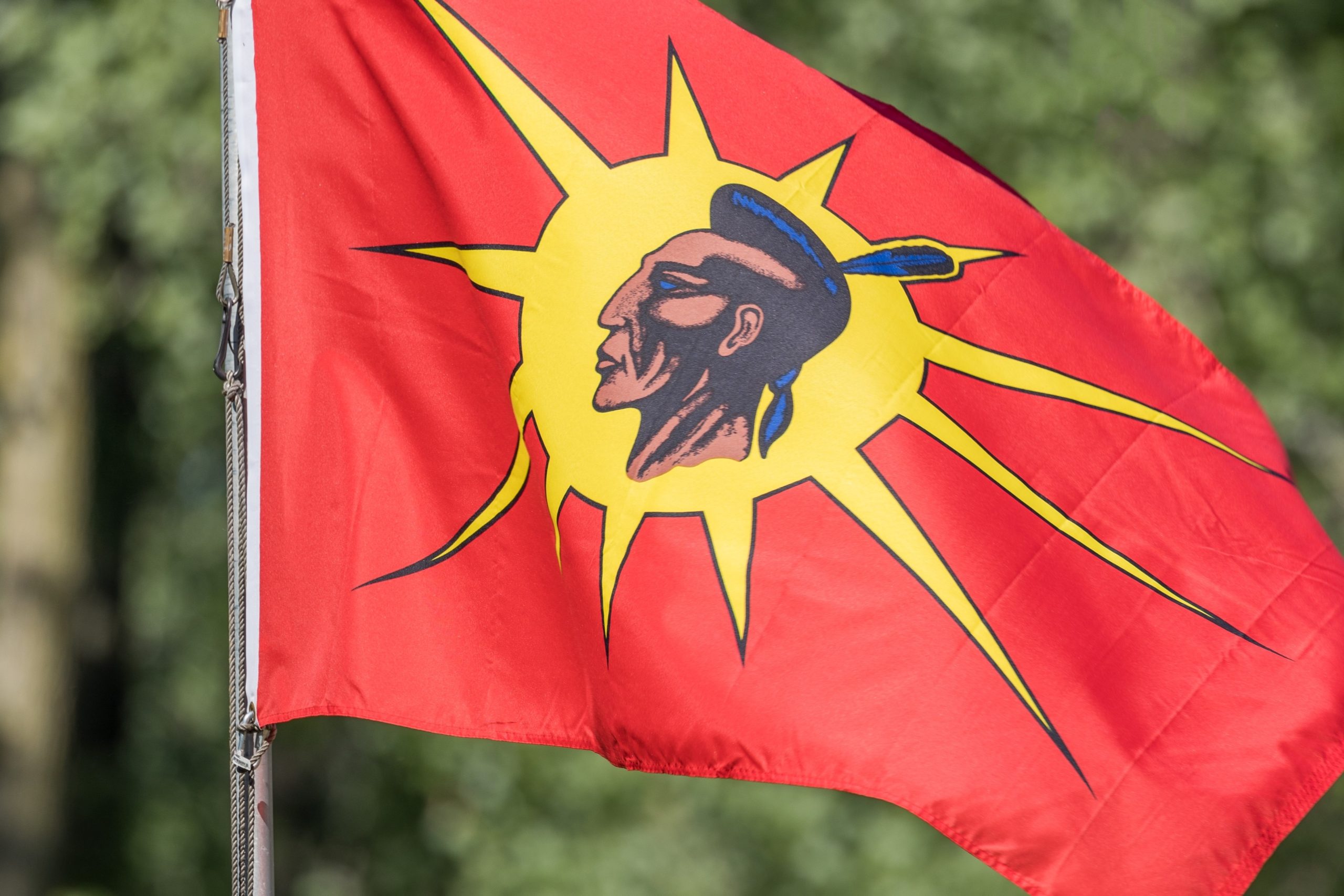
Kahnawà:ke won’t appeal Ontario court iGaming decision
MCK pleased to have legal standing recognised
The Quebec-based Mohawk Council of Kahnawà:ke (MCK) says it will not appeal the Ontario Superior Court’s decision to dismiss its challenge of iGaming Ontario’s online gaming and betting model.
The MCK had argued that the provincial government’s “unilateral changes” to the way gaming is managed were “illegal and unconstitutional.” The crux of MCK’s argument was that Ontario had re-interpreted Section 207 (1) of the Criminal Code, which permits provinces to regulate single-event sports betting, by allowing operators to “conduct and manage” themselves.
However, last week, the court ruled in favour of iGO. Justice Lisa Brownstone found that the agency’s gaming framework and management of the industry are consistent with what is allowed within the Criminal Code.
The MCK told Covers’ Geoff Zochodne on Wednesday that it will not contest the decision and will instead seek legal validation of its gaming rights “via other avenues.”
MCK pleased to have legal standing acknowledged
While the court ruled against Kahnawà:ke, it did find that the Mohawk Council had proper standing to justify challenging the province.
Lisa Lahache, political press attache for the council, said that is a “silver lining” for the council as it demonstrated that MCK has “sufficient interest and expertise in the operation and regulation of gaming in Ontario.”
The council has long maintained that the Mohawks of Kahnawà:ke have an “Aboriginal right” to conduct and regulate gambling within and from their community. It has stated in the past that Bill C-218, the legislation that introduced single-event sports betting and ultimately led to Ontario’s regulated market opening up, “changed the iGaming/sports betting landscape to the detriment of Indigenous People” and that Ontario’s regulated market “disregards the expertise and the rights of First Nations to operate and regulate safe and responsible gaming.”
MCK has also argued that being forced to pay registration and licensing fees to operate in Ontario violates its legal jurisdiction over gaming. As a result of its opposition to Ontario’s market, the MCK ceased the operations of its subsidiary, Mohawk Online Limited, in the province.
“As far as having to pay a provincial government some type of fee, it’s out of the question,” MCK chief Cody Diabo said after the Superior Court ruling. “It really puts us in a difficult situation for us to be operating. It’s unfortunate because the Kahnawà:ke Gaming Commission is renowned globally, but we can’t even operate basically in our own backyard because of provisions in C-218.”
MCK hopes for Bill S-268 progress
As for what the “other avenues” the MCK mentions could entail, Diabo voiced his hope that Bill S-268 will make headway. Sen. Scott Tannas‘ proposed legislation, introduced last June, would amend the Criminal Code to affirm that the governing body of a First Nation has “exclusive authority to conduct and manage a lottery scheme on its reserve.”
Sen. Brent Cotter said this week in the Senate that the bill would “parallel the authorization” that provinces have to conduct and manage gaming in their jurisdictions. “This would extend this gaming jurisdiction to any First Nation that wishes to take up the opportunity,” he added.
In its current form, that bill would also acknowledge First Nations’ rights rule over gaming on their reserves, not elsewhere.
Diabo and MCK grand chief Kahsennenhawe Sky-Deer travelled to Ottawa this month to meet with Tannas to discuss potential amendments.
“My only hope is that they’ll do what’s right in Bill S-268 and vote in favour of the proposed changes we’ve suggested, which would essentially put us back in the field of operating online gaming from the territory,” Diabo said. “That would essentially do what they should have done from the beginning and exempted or made a carveout for Indigenous communities.”
The bill has so far made little progress since its introduction.